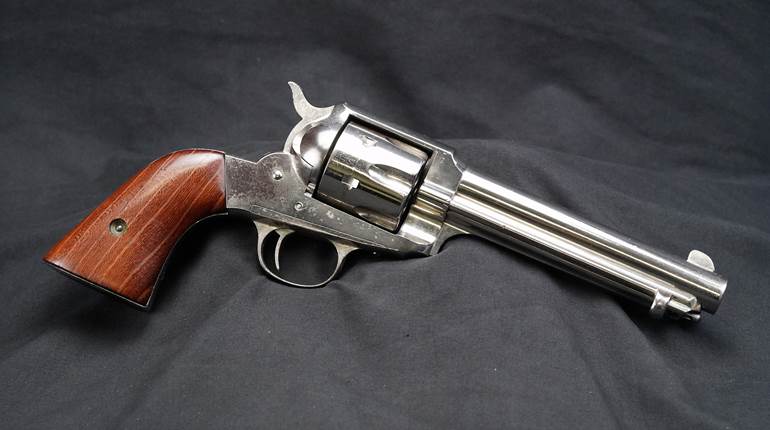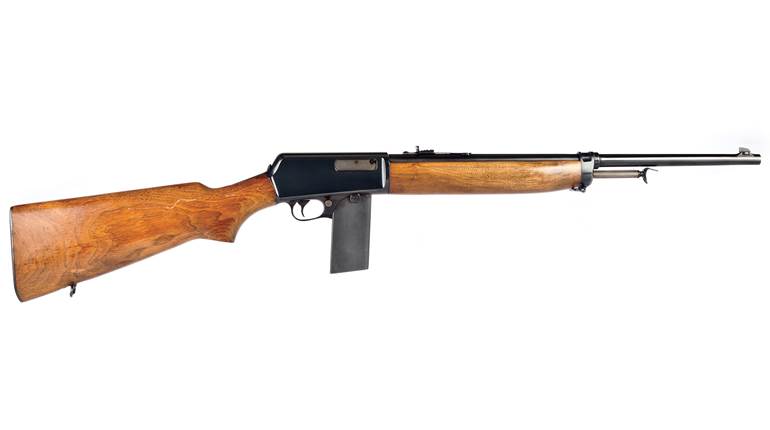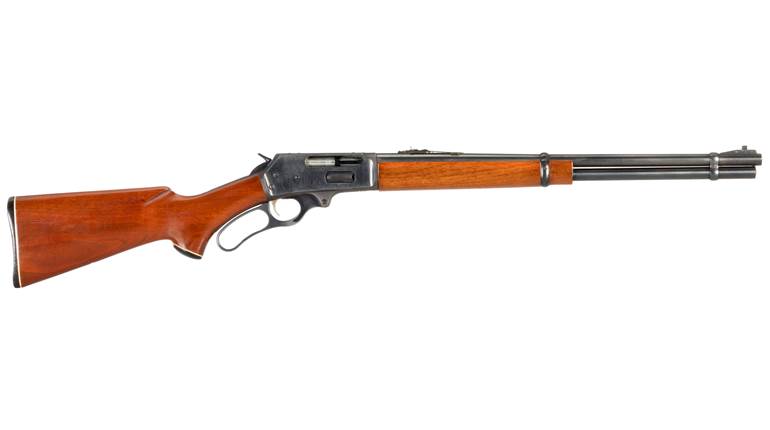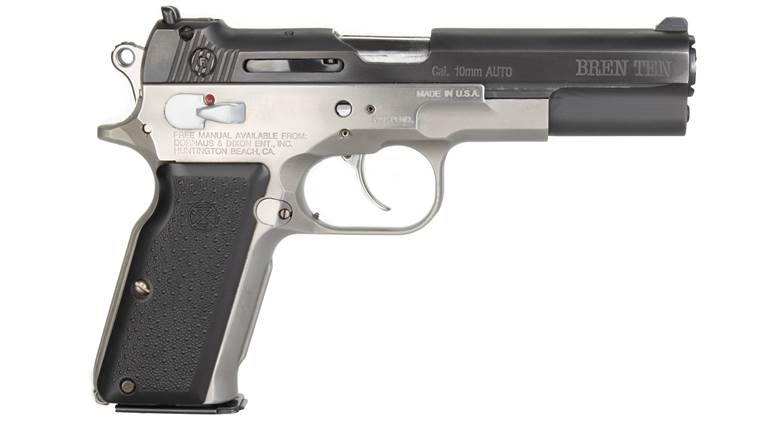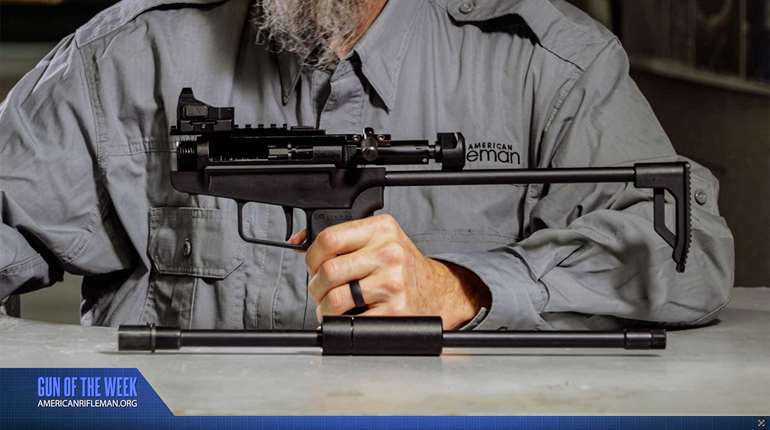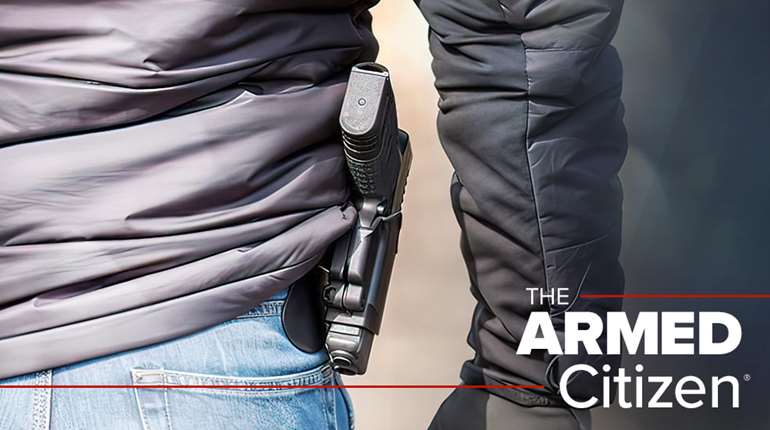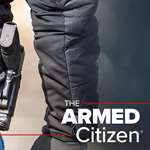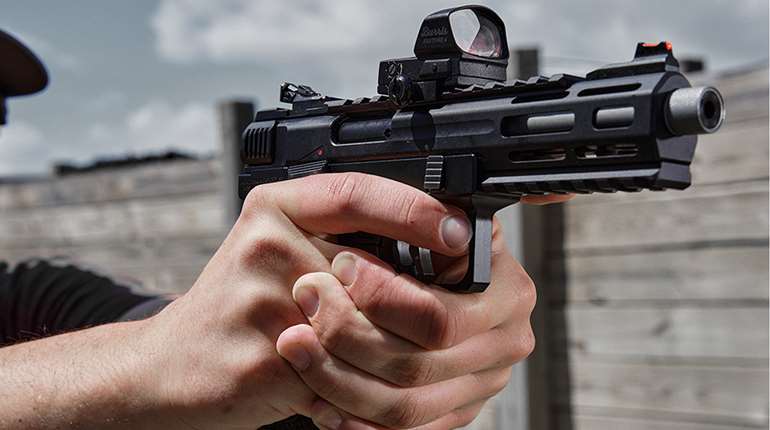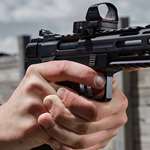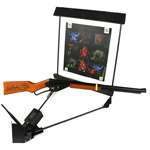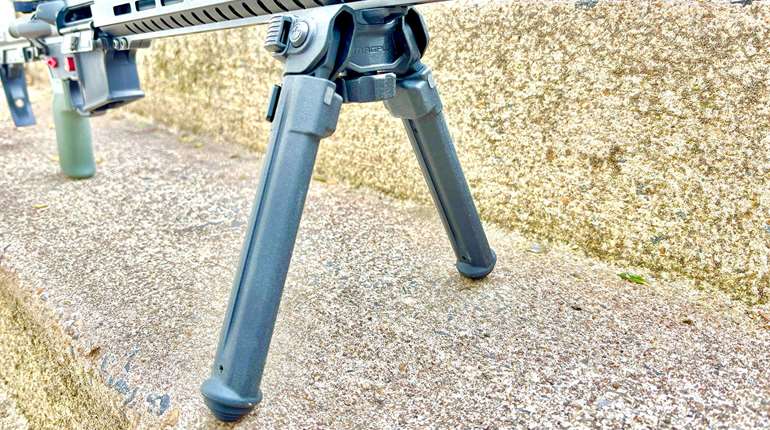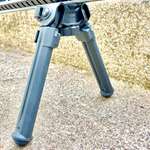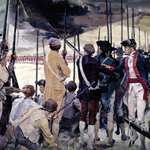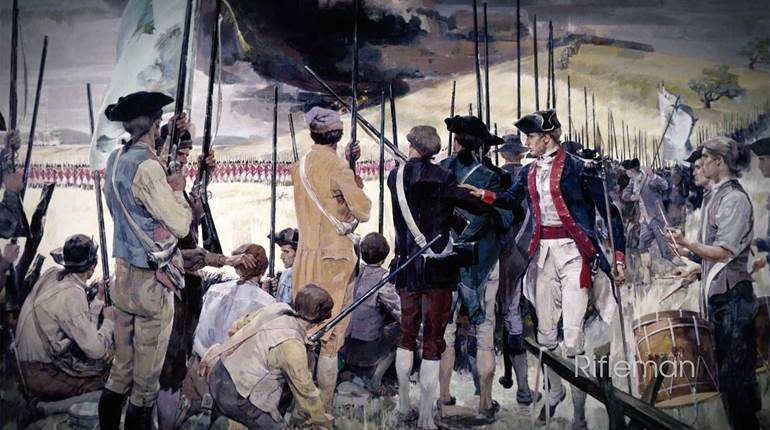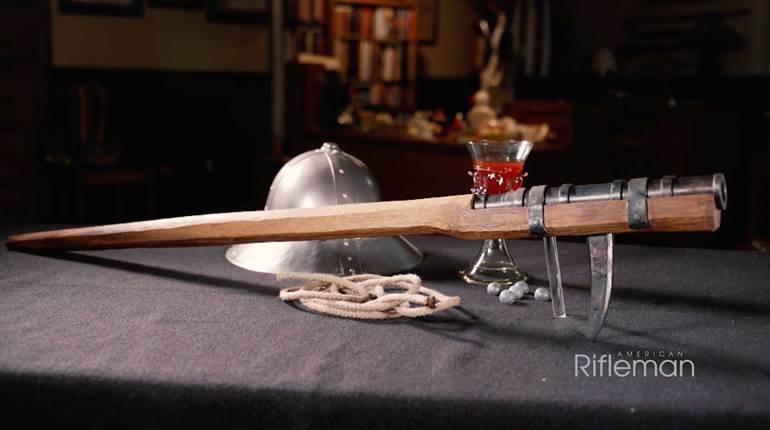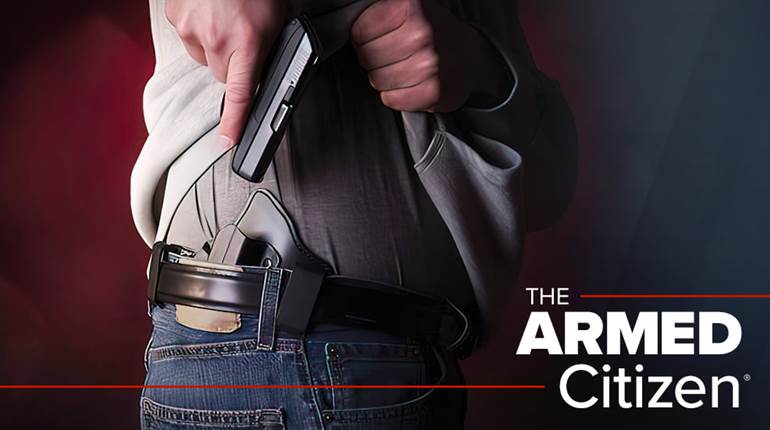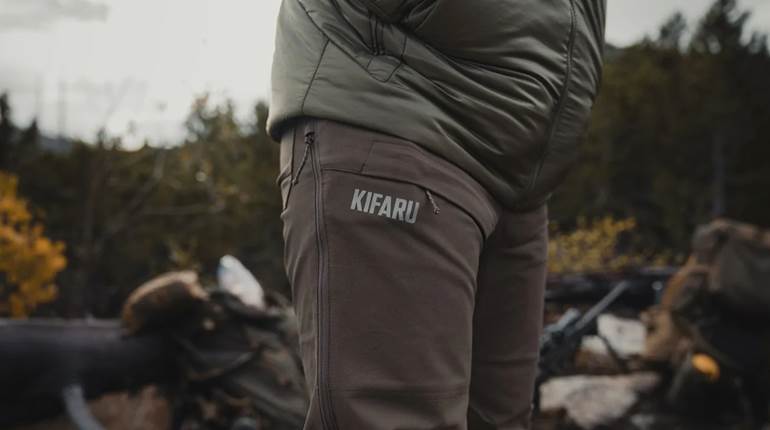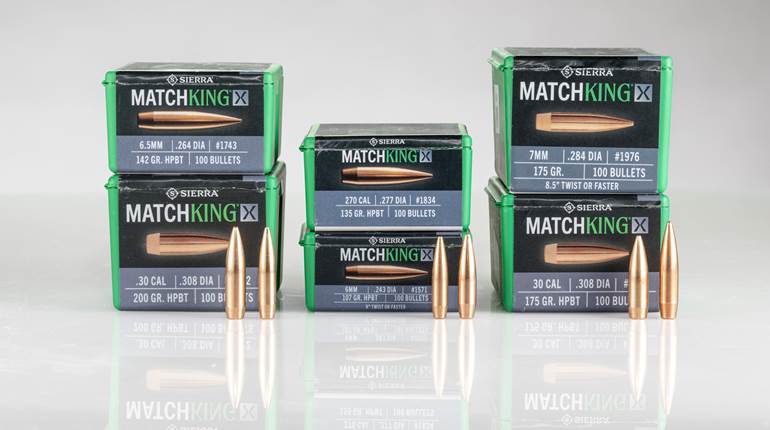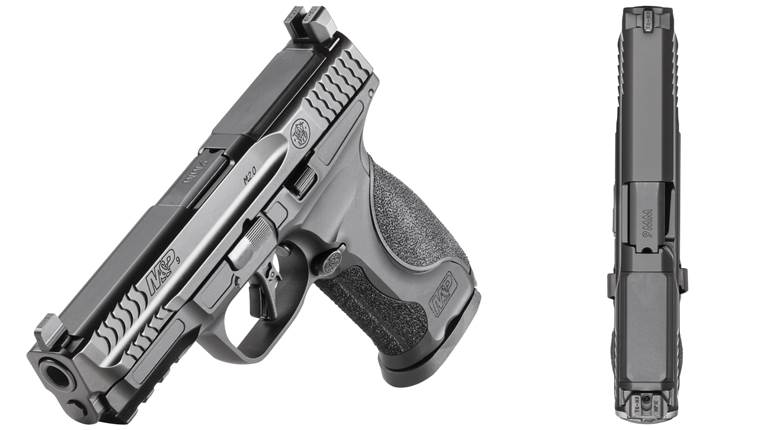
Although the Colt name is synonymous with revolvers, during the latter part of the 19th century the company produced a trio of .41 rimfire single-shots that set the stage for a popular .22 version years later. The First, Second and Third Model Deringers were Colt’s first cartridge handguns, (notwithstanding cap-and-ball conversions). Production started in 1870 for all three guns and ended in 1912 for the Alexander Thuer-designed Third Model.
With the advent of double-actions and semi-automatics, one would assume Colt was finished with single-shot Deringers. But the popularity of television westerns during the 1950s and ’60s inspired Colt to reissue the Thuer Deringer as the Fourth Model (made for Colt by Butler of New Haven, Conn., which later sold the guns under its own name) in .22 Short. Like the Third Model, it was loaded by placing the hammer on half-cock and pivoting the barrel to the right, which also ejected the cartridge case.
From 1959 until 1963, First Series Fourth Models had an “N” serial number suffix, with 112,000 guns made. A Second Series, with a “D” suffix, was made from 1970 to 1973, with 25,000 produced. Unlike the silver-plated bronze frames of the Third Model, the Fourth Model featured nickel- or gold-plated Zamak (zinc alloy) cast frames with barrels plated to match. Some barrels were given a black oxide “Du-Lite” finish that was occasionally subject to flaking. Stocks were walnut or “plasticized” pearl or ivory.
Single guns were $22.50, or $39.50 per pair, and came with a brochure and warranty card in a cardboard box stamped “Box Made In Sweden Expressly for Colt’s Small Arms Division.” Two and four gun consecutively numbered sets were also offered, often in jewelry–style cases, and included Lord and Lady Deringer combinations. The Colt-stamped Fourth Model leather holster is a rarely-seen accessory.
Mint condition Fourth Models typically fetch $100 to $125, and substantially less if they’ve been shot. A mint Lord Deringer two-gun cased set recently sold on www.gunsamerica.com for $475. The consecutively numbered Deringer set pictured, packaged in a desirable Colt “Limited Edition 1836-1960” book case, would normally bring $450 to $500. However, both guns having been shot, they are now worth $300 to $350. One hopes the owner got at least $150 worth of enjoyment from shooting what Colt’s 1960 ad called, “… an addition to your collection and a handgun that means business.”
Gun: Colt Fourth Model Deringer
Caliber: .22 Short
Serial Numbers: N8312, N8313
Condition: 98 Percent—NRA Excellent(Modern Gun Condition Standards)
Manufactured: 1961
Value: $300 to $350













